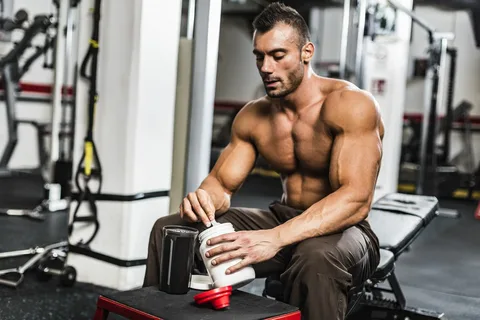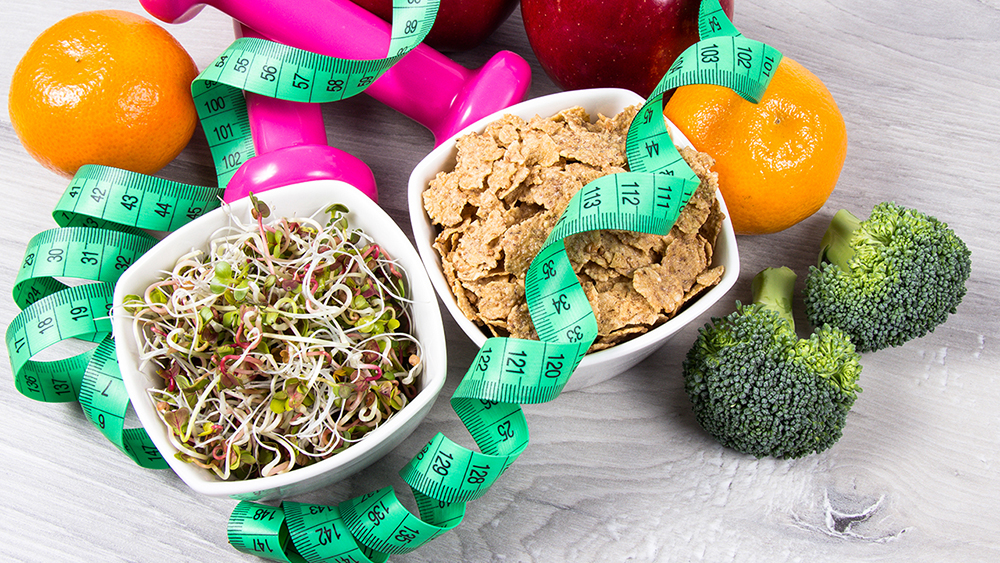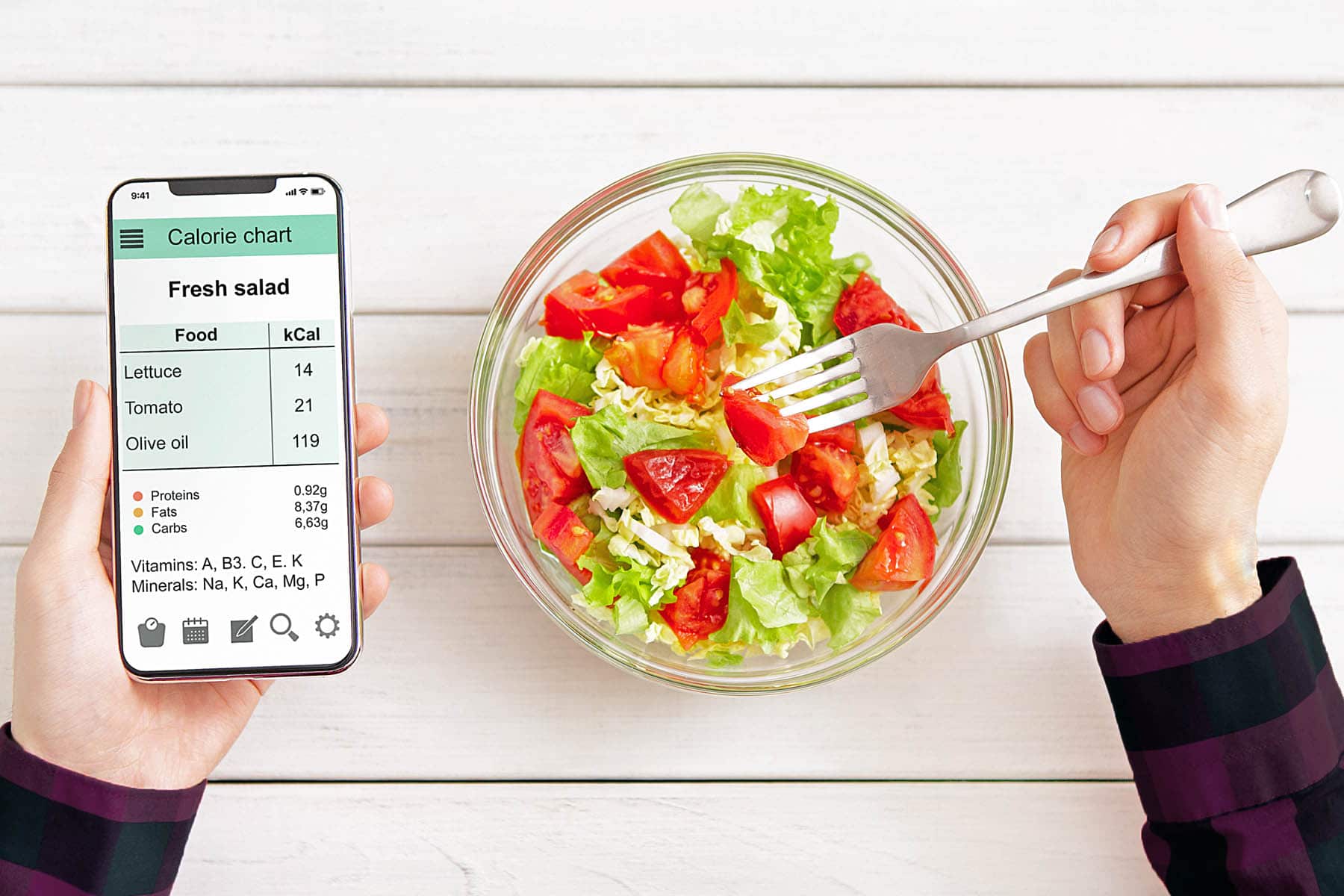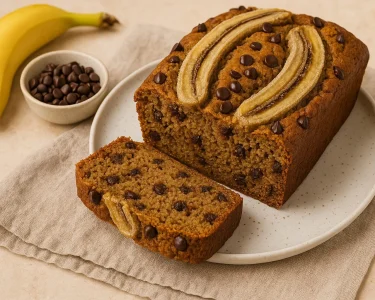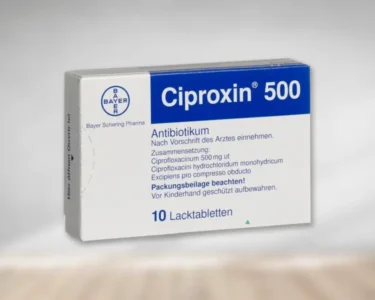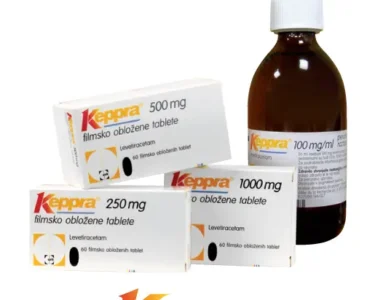Protein is the most important nutrient for muscle growth, but calories also play an essential role. Your body is unable to build muscle while in an energy deficit.
Carbohydrates and fats don’t stimulate muscle protein synthesis the same way as protein does. However, they do offer valuable sources of energy and should be included in your diet.
Nutrition Rules to follow if you want to build muscle
Focus on Protein
Protein is the primary macronutrient needed for muscle growth. It contains amino acids, which are the building blocks of muscles. The body uses these amino acids to grow, repair and maintain muscle tissue, and also supports immune function.
Ideally, it’s best to focus on high-quality protein, such as lean meats, fish, dairy and plant proteins. Plant proteins are often favored for their heart-health benefits and the potential to reduce cardiometabolic risk factors, such as high cholesterol.
Aim to consume about a gram of protein per pound of body weight to maximize muscle growth, Crumble Smith says. Protein isn’t the only macronutrient that influences muscle growth, though? carbohydrates and healthy fats are also important.
Ensure these nutrients are part of your diet by eating a variety of foods and avoiding processed and refined sugars, white flour, unhealthy fats and hydrogenated oils. A registered dietitian can help you determine your individual protein needs and create a healthy, muscle-building meal plan. Getting the right ratio of carbs, protein and healthy fats is key to maximizing muscle gain without adding unwanted body fat.
Carb Up
Protein gets all the attention for muscle-building, but it’s not the only macronutrient that’s important. In order to maximize growth and recovery, you must also load up on carbohydrates. Carbohydrates help replenish your muscle glycogen stores, and they enhance insulin’s role in transporting nutrients into muscles. In addition, carbs help bring down cortisol, which can negatively affect high-intensity exercise performance.
If you want to boost your muscle-building, it’s important to carb up with the right foods before a workout. You can use a food-tracking app or the nutrition labels on your favorite foods to determine how much you should be eating. Aim for about 55 percent carbohydrates and 25 percent protein to start with, but this can vary based on your goals.
Carbohydrate loading, which usually lasts one to six days before a big event, is an effective strategy for athletes who need to refill their muscle glycogen stores. This is because the body can only store so much glycogen, and eating a lot of carbohydrates allows more to be stored. The key is to eat the right carbs, such as pasta, bread, and rice. Avoid carbs that are high in fructose, as these can be metabolized into liver glycogen and won’t help replenish your muscles.
Don’t Avoid Fat
If you want to build muscle, you need to consume enough calories and fat. This will ensure that your body has fuel for training and recovery and prevent it from breaking down muscle for energy, which can lead to fatigue and a loss of strength.
Eating too little fat will also negatively impact your results. This is because it is much more difficult to build lean muscle mass when in a calorie surplus.
Choosing foods rich in protein, carbohydrates and healthy fats can help you achieve your goals while still eating plenty of calories. This includes eggs, skinless poultry and fish, beans and legumes, low-fat dairy, whole grains, nuts, seeds and vegetables.
Avoid consuming empty calories that are often found in sugar-sweetened beverages and many snack foods. Desserts and candies should also be avoided when trying to build muscle. These types of foods provide high levels of carbohydrate but are low in other nutrients that can aid in muscle growth and performance. Instead, choose nutrient-dense carbohydrates from starchy vegetables, fruits and whole grains.
Calorie Count
Despite being villainized by many, calories are necessary for survival. They provide the body with energy, which is used immediately or stored for later use.
If you are trying to build muscle, it is important to consume enough calories. You want to create a calorie surplus of 300-500 calories a day above your baseline needs. This will help you build muscle while also avoiding fat gain.
The timing of your meals can also impact muscle gains. It’s recommended to eat small, frequent meals throughout the day to keep your metabolism and blood sugar stable. This includes eating meals and snacks pre- and post-workout.
It’s also important to get enough sleep and take time to recover from your training sessions. It takes time for your muscles to grow and repair themselves after each workout. If you aren’t getting enough rest, your body will break down muscle for the amino acids it needs. The more lean muscle you have, the better your body will be at processing dietary carbs for fuel. This can lead to more efficient training and bigger gains.
Eat Frequently
Muscle growth requires more than just the right training routine? it also requires sufficient and consistent nutrition. Eating too few calories, skipping meals or going long periods between eating can deprive muscles of the fuel they need to grow.
Protein is the primary recovery nutrient for building muscle, but carbohydrates are just as important when training hard and especially after a tough session. Choose carbs that are quickly digested like a white bread, a plain bagel, a baked potato or sports drink to spike levels of the anabolic hormone insulin and deliver carbohydrate energy to your muscles.
Fat is not as anabolic as carbs or protein, but it does provide essential calories for fueling workouts and for promoting healthy cells. Choose foods such as avocado, olives and nuts for good sources of saturated and monounsaturated fats and fatty fish for omega-3 polyunsaturated fats.
Eat small, frequent meals throughout the day. Ideally, you should be eating protein and carbohydrates at each meal and snack and hydrating with water in between meals.
Shake it Up
Many people think building muscle is all about protein, protein and more protein. However, that’s just one piece of the puzzle. Other important nutrients for muscle growth include vitamins and minerals. These can be found in a variety of foods, including fruits and vegetables, whole grains and dairy products. Vitamins and minerals also help support the body’s immune function and aid in energy metabolism.
Drinking enough water is vital to promote muscle growth, too. It hydrates and carries nutrients to the muscles during and after workouts. Aim for a minimum of 2 to 3 liters per day.
It is also a good idea to take a supplement that provides the essential vitamins and minerals to help with muscle growth. For example, a daily supplement with Vitamins C, E and K as well as magnesium, potassium and calcium can promote muscle growth. Vitamin B12 also supports muscle growth, as it helps the body make red blood cells that carry oxygen to the muscles. You can find this nutrient in leafy green vegetables, beef, poultry, fish and fortified whole grain products.
Eat the Right Carbs at the Right Time
Carbs are the body’s ideal fuel for physical activity. They help prevent muscle loss and promote muscle growth by helping you optimize your physical performance during resistance training workouts. They also provide a good source of energy and support protein synthesis.
Carbohydrates should make up a significant portion of your daily diet and should be consumed evenly throughout the day. It’s important to eat complex carbohydrates, such as whole grains and legumes, over simple carbs, which are found in candy bars, processed foods and sugary breakfast cereals.
It is recommended to consume a carb-rich meal or snack immediately after your workout, as this helps replenish depleted glycogen stores in the muscles and aids in protein synthesis. Be sure to include 20 to 30 grams of protein in this meal as well, if possible. This is to ensure maximum muscle protein synthesis and help your muscles recover more efficiently.


